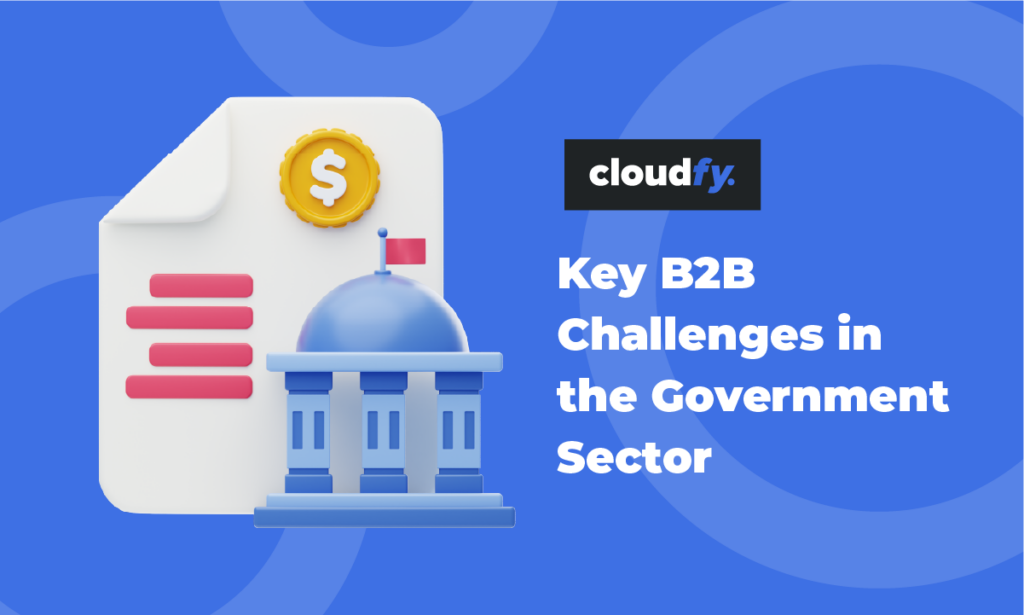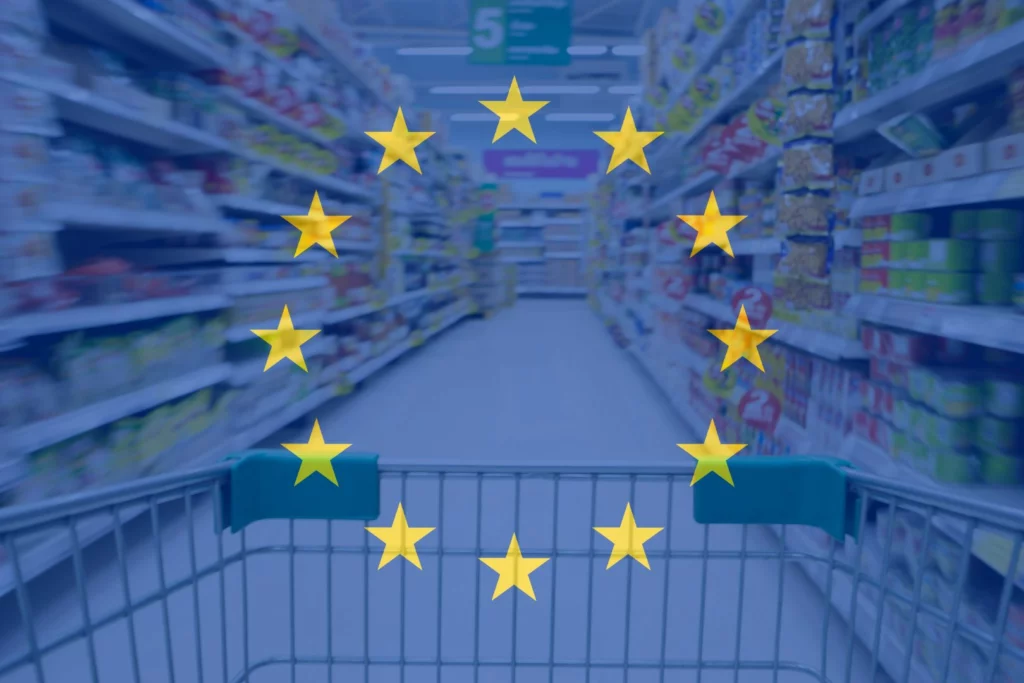With the exponential rise of Business-to-Business (B2B) ecommerce, the way businesses execute transactions has seen a dramatic transition in recent years. The advent of the digital age has given companies new opportunities to grow, run more efficiently, and provide seamless client experiences.
The global business to business (B2B) ecommerce market had an estimated market value of some US $7.35 trillion in 2020 and by the end of 2026 it’s predicted it will be US $18.57 trillion. That’s a spectacular compound annual growth rate (CAGR) of 18.7% between 2021 and 2026.
This blog will discuss the incredible growth of B2B ecommerce and how Cloudfy, as leaders in the field, is leading the way on this revolutionary path.
Table of Contents
What’s contributing to the exponential growth of B2B ecommerce?
Since almost three quarters of B2B buyers are now digitally native millennials online customer experiences and around the clock self-service have become minimum requirements. Leading digital businesses are now automating their ordering processes and using technology to enable their marketing, sales, and customer services teams to deliver high quality end-to-end buying experiences.
Specialized B2B online marketplaces are a factor driving this rapid growth, focused on small and well-defined sectors including metal, industrial and maintenance, repair and operations (MRO), medical supplies, and IT equipment and consumables. The IT sector is expected to account for over a quarter of the market due to its increased adoption of B2B ecommerce while pantry products are expected to have the fastest growth rate at over 16%.
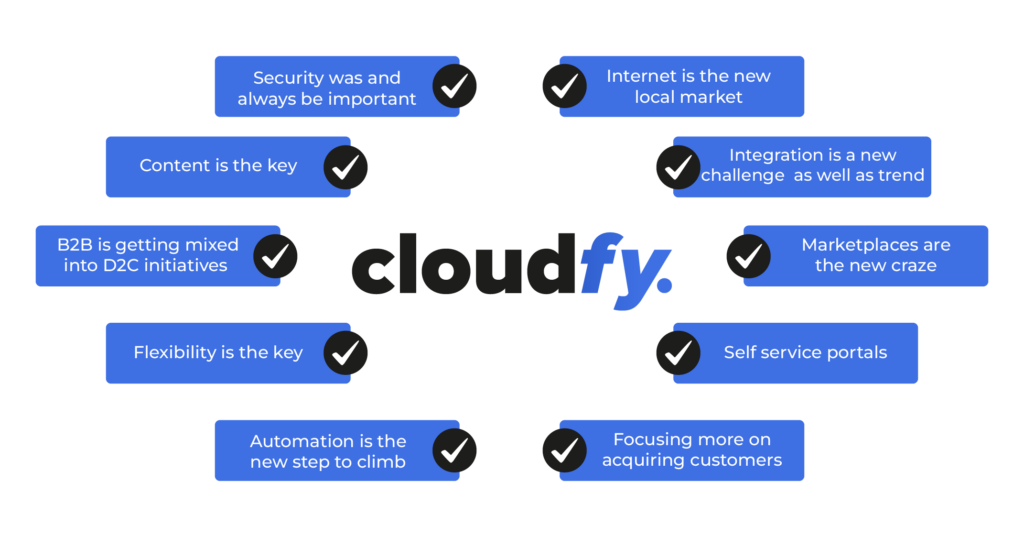
Internet banking will continue to be an important enabler, but alternatives such as mobile wallet apps are expected to grow quickly and be worth US$2,000billion by 2026 due to increasing demand for digital payments.
It is likely that the fastest growing region will continue to be Asia Pacific and specifically South East Asia, with a rapidly-rising number of growing B2B companies adopting ecommerce platforms. North America will also see strong growth with B2B ecommerce giants like Amazon and eBay already well established.
The pandemic forced many businesses online for the first time to meet the needs of their existing customers as well as allowing them to reach a wider audience. Popular in retail settings, same-day-delivery and more immersive online experiences are also expected to create more demand for B2B ecommerce. Advances in artificial intelligence (AI) and cloud technology will also improve customer experiences and support growth.
Changing B2B buyer behavior
Digitally native millennial and Gen Z buyers are bringing new expectations to the B2B market. B2B businesses must be prepared to meet their preferences for extensive online research and use digital channels for a large part of their buying journey, while remote working will change the role of traditional field sales teams.
Customer-facing representatives (CFRs) will need to develop new skills as trusted advisors during the purchasing process, equipped with reliable and accurate information from all parts of the business that will support them as they build long-term relationships with customers.
While price is still an important consideration, buyers are influenced by the ease of their buying journey, the quality of customer service, how well their sensitive data is protected, and ethical credentials concerning the environment, diversity, equity, and inclusion.
Conditioned by their personal online shopping experiences, these new-style B2B buyers also expect to find what they’re looking for quickly. Personalized content and seamless digital experiences will become minimum requirements. In subscription models are also likely to increase as businesses search for more predictable and scalable revenue, building on their popularity during the pandemic.
Improving service through data
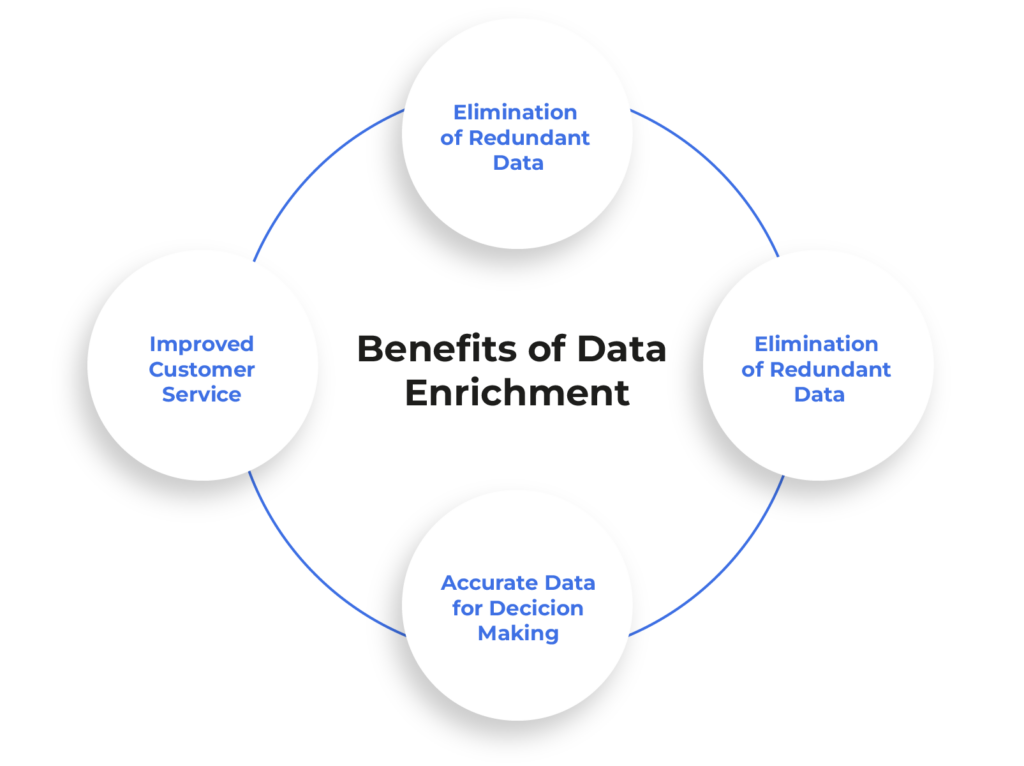
To deliver effective online B2B experiences data can no longer be held in silos. Effective integration of key business systems improves efficiency and performance and opens the way to data-driven decision making that will improve customer service. A well-planned approach will allow your business to become fully customer-centric and capable of anticipating and meeting your buyer’s needs at every touchpoint based on accurate near real time insights.
Artificial intelligence is now accessible and affordable, allowing you to collate and understand large amounts of data. AI-enabled sales tools can deliver intelligence-based recommendations to your sales teams as they engage with buyers. Sales calls can be scheduled based on buying behavior and reports can be created using aggregated information for your sector.
Automation
Manual data entry can be slow and inaccurate, adding to overheads and affecting customer satisfaction. When your buyers enter most of the information about their detailed requirements online you can reduce errors. By sharing the information immediately across business systems, you can provide fast and accurate responses from a complex product builder (aka CPQ) through to detailed shipping instructions and tracking.
Automating repetitive activities will allow your sales representatives and managers to spend their time adding value to the buying experience with problem-solving and relationship building.
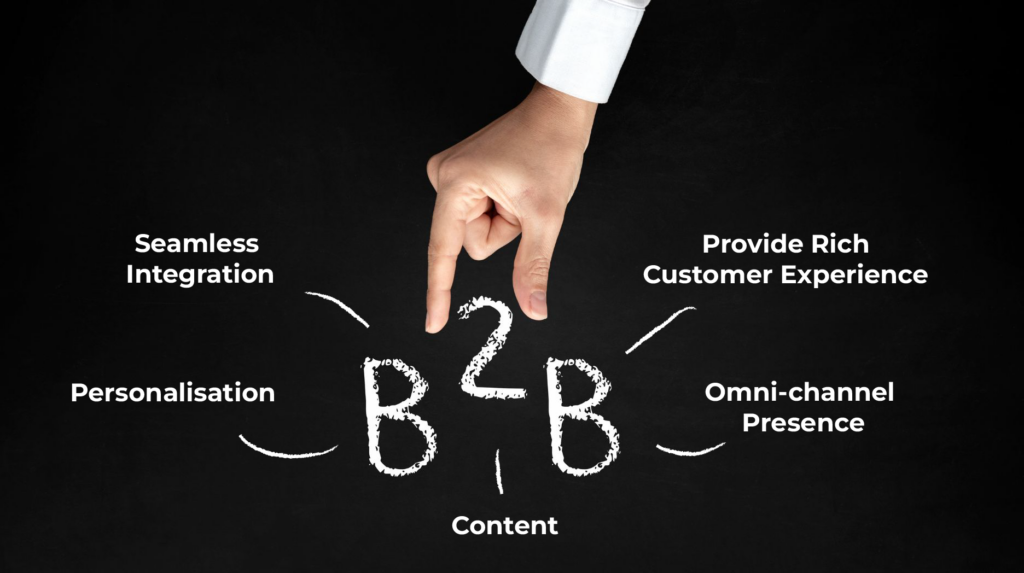
Seamless channels
As digital engagement increases, it will be important to provide the right sales channels for your customers. Buyers will expect to move seamlessly across all your channels so a strategic approach will be needed. For more traditional sectors, you will also need to encourage your buyers to move online.
Businesses that moved online of necessity will now need to consolidate their position and make their digital transformation a strategic priority.
Some manufacturers are harnessing the benefits of a direct to consumer (D2C) ecommerce model to maintain control of their brand and to increase their understanding of fast-changing markets.
How Cloudfy is adding value to Exponential growth of B2B ecommerce?
Continuous Innovation and Adaptability
The landscape of B2B ecommerce continues to evolve rapidly, with new technologies and trends shaping the industry. Cloudfy remains at the forefront of innovation, continuously enhancing its platform to stay ahead of the curve. With a team of experts dedicated to research and development, Cloudfy ensures that businesses have access to the latest tools and features necessary to thrive in the ever-changing digital landscape.
Enhanced Security and Trust
Security is paramount in the world of B2B ecommerce, where sensitive data and transactions are involved. Cloudfy prioritizes security by implementing robust measures such as encryption, secure payment gateways, and compliance with industry standards. This ensures that businesses and their customers can trust the platform and conduct transactions with peace of mind.
Expansion of Global Reach
The rise of B2B ecommerce has enabled companies to break through geographical barriers and expand their reach on a global scale. With Cloudfy’s expertise, businesses can leverage comprehensive localization features, multiple language options, and currency conversion capabilities to seamlessly connect with customers worldwide. This global reach opens up exciting opportunities for growth and collaboration in previously untapped markets.
Personalized Customer Experiences
B2B customers now expect personalized experiences similar to what they encounter in the B2C realm. Cloudfy empowers businesses to provide tailored experiences through sophisticated customer segmentation, personalized product recommendations, and intuitive user interfaces. By understanding customer preferences, businesses can foster stronger relationships, drive loyalty, and enhance overall customer satisfaction.
Integration Capabilities
Cloudfy recognizes the importance of seamless integration with existing systems and technologies. The platform offers robust APIs and integration capabilities, allowing businesses to connect their ecommerce operations with enterprise resource planning (ERP) systems, customer relationship management (CRM) platforms, and other essential tools.
Advanced Analytics and Business Intelligence
Data-driven insights play a pivotal role in optimizing business performance. Cloudfy equips businesses with powerful analytics and reporting tools to monitor key metrics, track sales performance, analyze customer behavior, and make informed decisions. With access to real-time data, businesses can identify trends, discover growth opportunities, and fine-tune their strategies for maximum effectiveness.
The exponential growth of B2B ecommerce represents a paradigm shift in how businesses operate and engage with customers. Cloudfy, as industry experts, empowers businesses to embrace this transformative journey, providing a comprehensive platform that enables seamless transactions, personalized experiences, global reach, and data-driven insights. As B2B ecommerce continues to flourish, partnering with a trusted solution like Cloudfy becomes essential for businesses looking to thrive in the digital era. Embrace the future of commerce and unlock unparalleled growth opportunities with Cloudfy’s expertise by your side.
Book a free Cloudfy demonstration today to find out how your business can be part of the exponential growth of B2B ecommerce.
Frequently Asked Questions ( FAQ's)
The exponential growth of B2B ecommerce is driven by factors such as changing buyer behavior, the rise of specialized B2B marketplaces, advancements in technology, automation, seamless customer experiences, and expanding global reach. Cloudfy plays a vital role in enabling businesses to leverage these trends and drive growth.
Cloudfy adds value to the exponential growth of B2B ecommerce through continuous innovation and adaptability, enhanced security and trust, expansion of global reach, personalized customer experiences, robust integration capabilities, and advanced analytics and business intelligence tools. With Cloudfy, businesses can thrive in the ever-changing digital landscape and unlock unparalleled growth opportunities.
Cloudfy empowers businesses to embrace the future of commerce by providing a comprehensive platform that enables seamless transactions, personalized customer experiences, global reach, and data-driven insights. With Cloudfy's expertise, businesses can navigate the evolving B2B ecommerce landscape, enhance operational efficiency, and create exceptional customer experiences.
Yes, Cloudfy prioritizes security by implementing robust measures such as encryption, secure payment gateways, and compliance with industry standards. This ensures that businesses and their customers can trust the platform and conduct transactions with peace of mind.
Cloudfy supports businesses in achieving growth in B2B ecommerce through its comprehensive set of features and capabilities, including advanced analytics and reporting, personalized customer experiences, seamless integration with existing systems, and the ability to expand their reach globally. By leveraging Cloudfy's expertise, businesses can stay ahead of the curve and unlock their full growth potential in the digital era.

